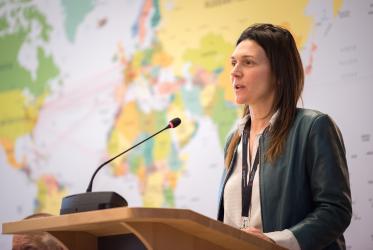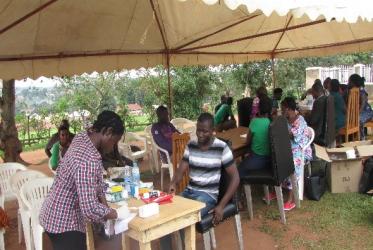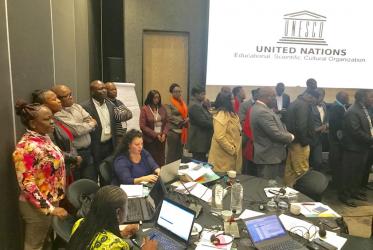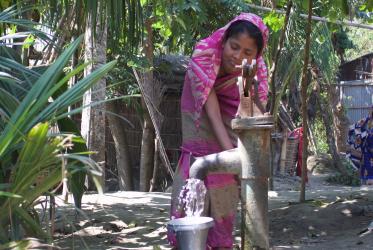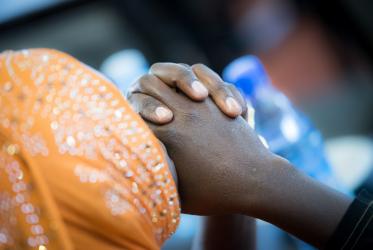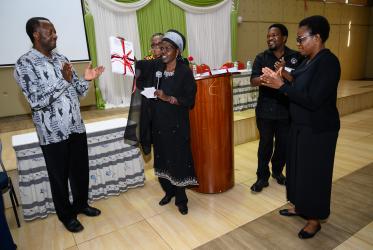Displaying 121 - 140 of 328
WCC treatment manuals address HIV challenges in Uganda
02 August 2019
WCC represented at G20 Interfaith forum in Tokyo
13 June 2019
Knowledge of gender roles deepens in Togo
03 June 2019
A faith-based, holistic approach to HIV and AIDS-care
13 March 2019
Faith and HIV treatment go hand in hand
06 March 2019
Turning mercy and compassion into action
04 March 2019
On the journey to HIV – bridging gaps, debunking myths
21 February 2019


